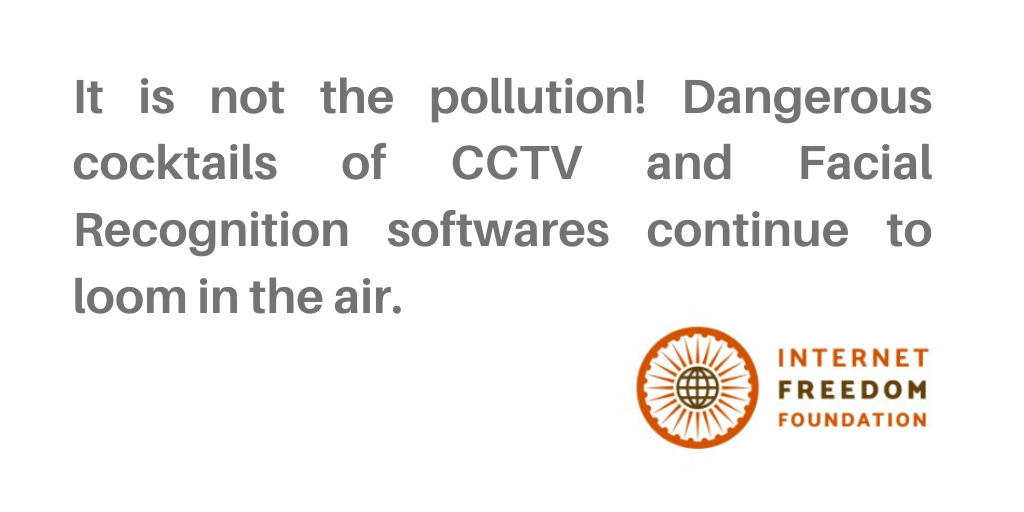
Highlights
- Background: In an order dated February 15, 2019, the Supreme Court of India had directed that copies of the Shreya Singhal judgement should be sent to High Courts, District Courts, Chief Secretaries and Director Generals of Police. IFF filed RTIs with various State High Courts and the Central Government to check compliance with these directions.
- Zombie killer or nah?: We analyse the RTI responses to find that while most of Courts have complied with the order and even circulated it among respective district courts, there continues to exist some lag in compliance by the executive. Data reveals that while advisories were sent during the case, no advisories have been sent after.
Background
Last year, armed with research that confirmed continuing prosecutions under the unconstitutional Section 66A, we informed you about our collaboration with PUCL who took this data to court (Read here for more). The outcome of this litigation led to the Supreme Court directing that all High Courts and District Courts, Chief Secretaries and Director Generals of Police around the country should be provided copies of the Shreya Singhal judgement.
Responses received from High Courts
To check if the High Courts had complied with the Supreme Court's directions, IFF filed RTIs with various High Courts with these queries:
- Directions of the Supreme Court: Whether any direction was received from the Hon’ble Supreme Court or the Central Government to disseminate copies of the Shreya Singhal judgement to all District Courts and to provide details and content of any such correspondence.
- Dissemination of the High Court: Whether copies of the Shreya Singhal judgement were sent to all District Courts under the Court's jurisdiction and for details and content of the correspondence.
Our findings were pretty positive. Most of the Courts both received the directions of the Supreme Court and also complied with the order to disseminate the judgement further to District Courts within their jurisdiction. Here are our findings in brief:
- High Courts that have received the Supreme Court's directions and circulated the copy of the order: Bombay, Calcutta, Delhi, Himachal Pradesh, Karnataka, Kerala, Patna, Uttarakhand.
- High Courts that we're waiting to hear from: Andhra Pradesh, Chennai, Gujarat, Jammu and Kashmir, Orissa, Punjab and Haryana, Telegana, Madhya Pradesh.
Responses received from the Central Government
The Central Government’s response to our RTI application reveals that Chief Secretaries have not been informed about the Supreme Court’s order dated 15.02.2019. In its RTI response, MeitY has provided details of correspondence sent to Chief Secretaries in December 2018 and January 2019 but no advisories have been issued after the Supreme Court’s order on 15.02.2019.
The impact of this lapse is grave and obvious. This plays into one of the main points an IFF supported research paper identified, the issue of signal failure. This direction merely requires functionaries to ensure compliance but does not specify any means of doing so, nor does it provide for any penalties in case of non-compliance, essentially placing no accountability of compliance on anyone.
While we are appreciative of the Supreme Court's order, in the granular view of things in order to ensure a complete purge of Section 66A prosecutions, there needs to be a more proactive way to monitor compliance. Even though the signal gaps seems to be smaller, unless we have data from each District Court and police station, the scourge of 66A will not be removed even today.
A prototype 'zombie tracker' we have been working on with Civic Data Labs, show that there are fresh case registrations in Maharashtra and we fear that many more cases still pending across the country.

IFF is committed to erasing Section 66A from FIRs (first information reports) and court dockets to the best of our ability. As always we will continue to update you with any actions we intend to take and any results we manage to shake.
Important Documents
- RTI responses from the High Courts (link)
- RTI response received from MeitY (link)
- Copy of Supreme Court order dated 15.02.2019 (link)
- Sekhri, Abhinav and Gupta, Apar, Section 66A and Other Legal Zombies (October 31, 2018). IFF Working Paper No. 2/2018. Available at SSRN: https://ssrn.com/abstract=3275893 or http://dx.doi.org/10.2139/ssrn.3275893
